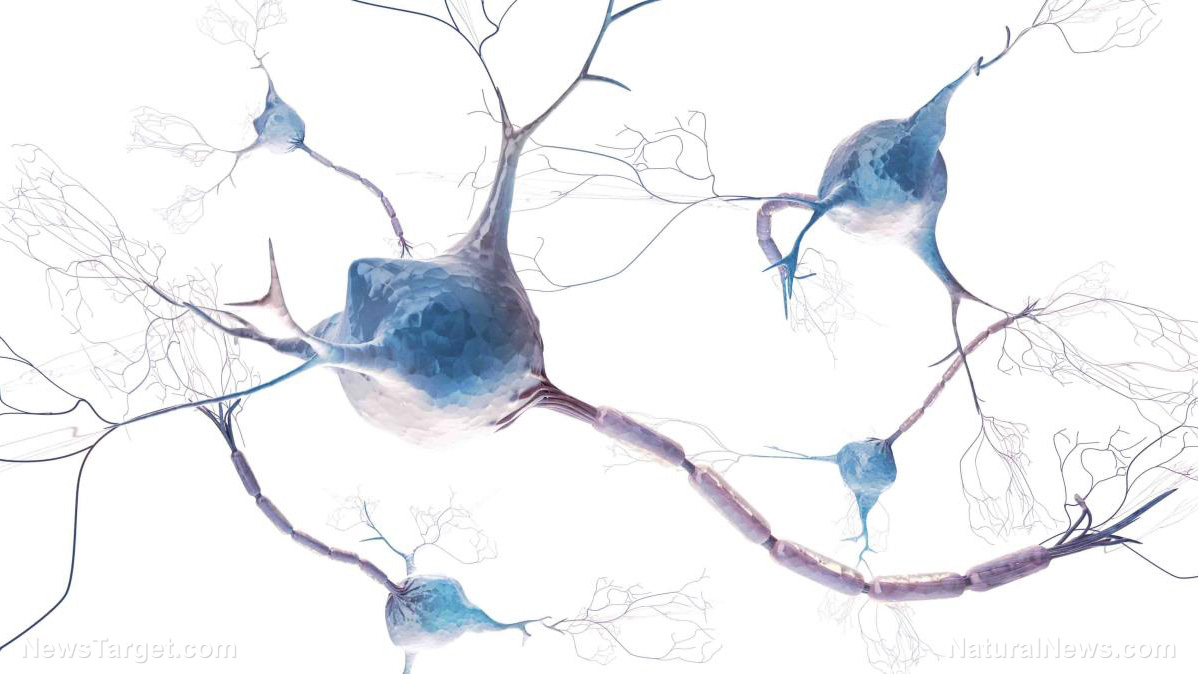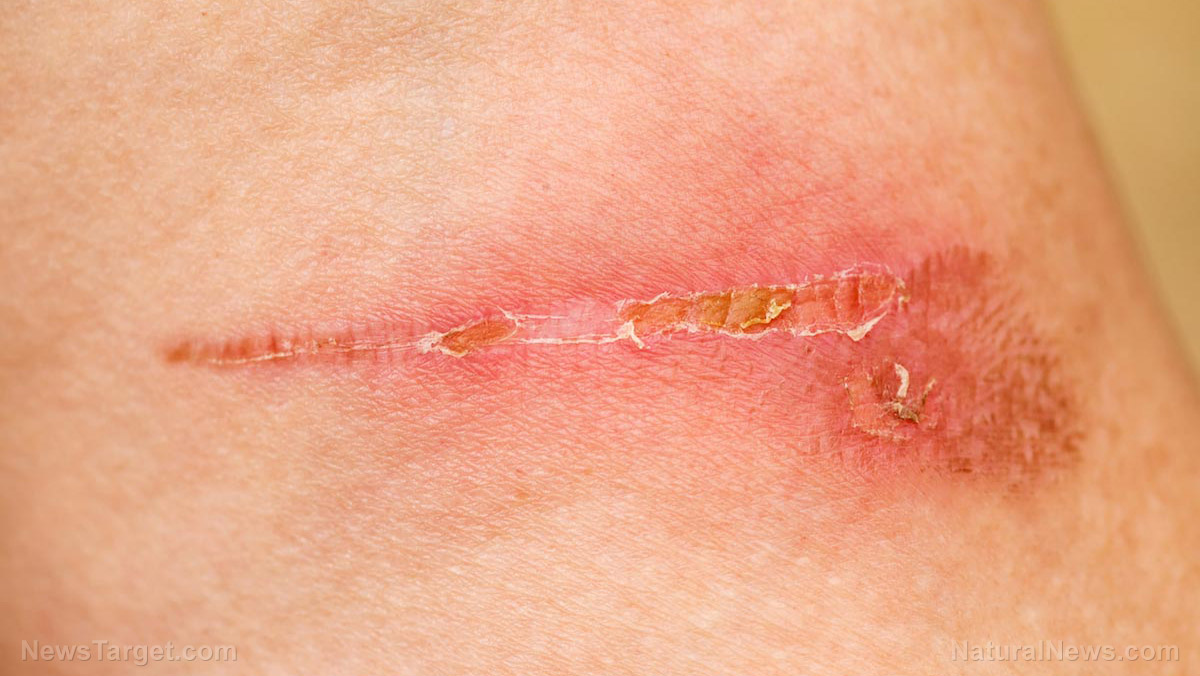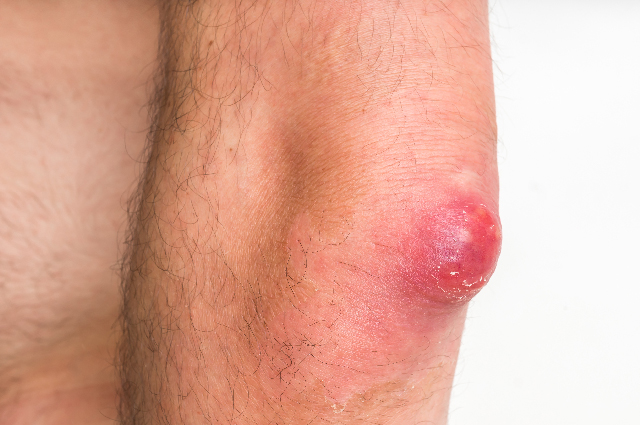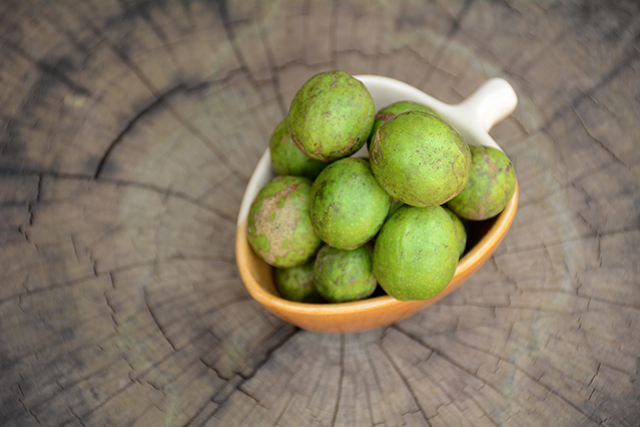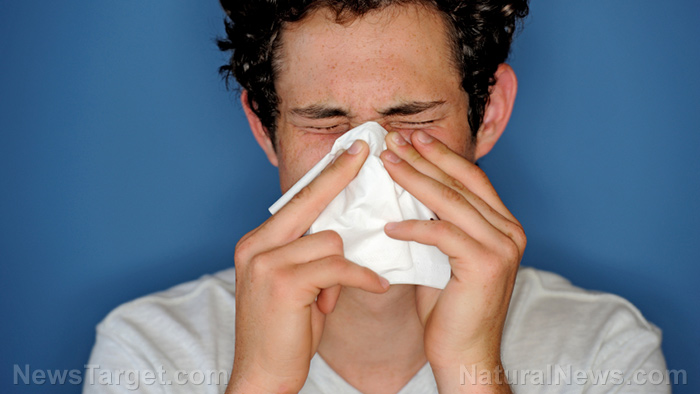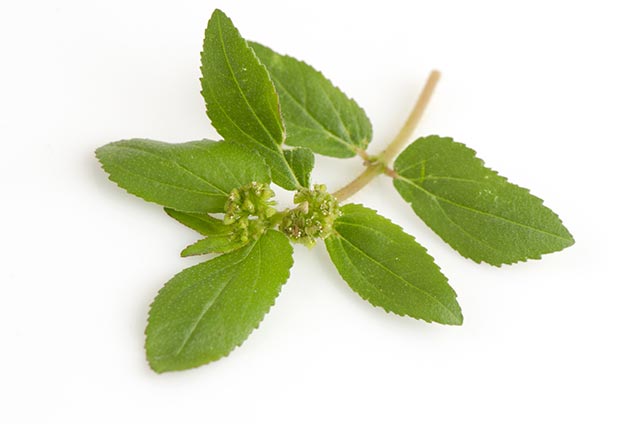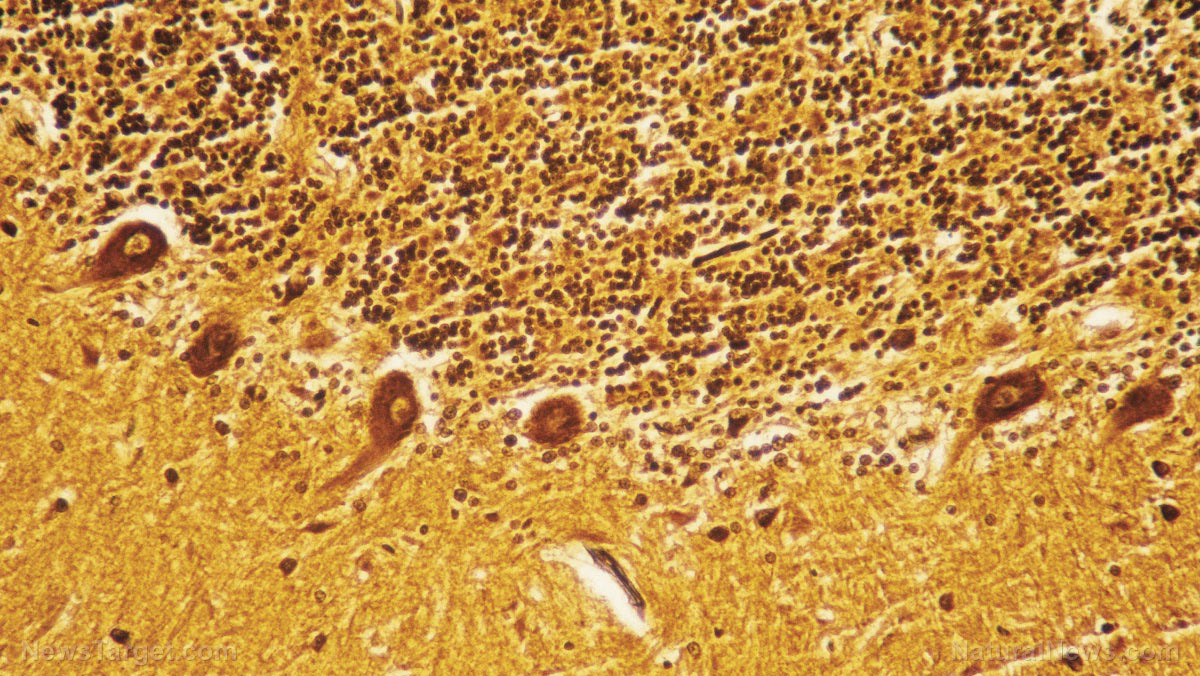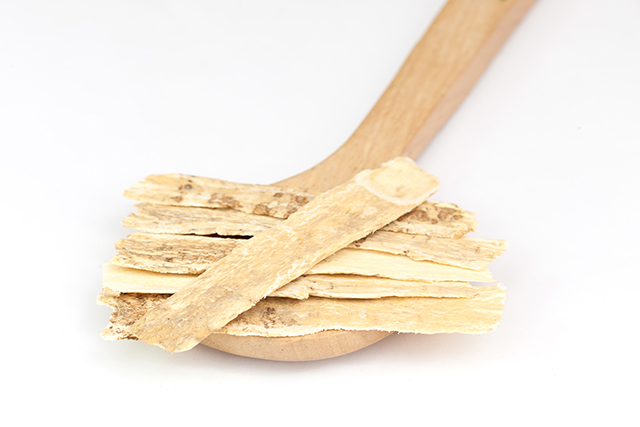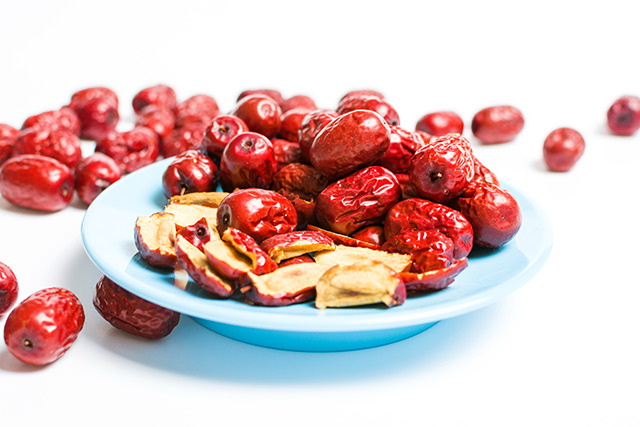Women opting for an anti-inflammatory diet can protect themselves from osteoporosis and painful bone loss
02/02/2017 / By Vicki Batts

Bone health is something that many women are concerned about, especially as they age. Osteoporosis is not a condition that anyone wants to be afflicted by when they get on in years. Conventional medicine has touted many theories on how women can protect themselves from bone loss, but a recent study has shed light on a new path women can take to protect their bones. It seems that sticking to an anti-inflammatory diet may just be the ticket to keeping your bones healthy.
A team of researchers has analyzed data from the Women’s Health Initiative Observational Study and Clinical Trials and were able to compare the presence of inflammatory elements in women’s diets to their bone mineral density and fracture incidence. Their findings have indicated some new associations between diet and bone health for women. [RELATED: Keep up with the latest health headlines for women at WomensHealth.news]
Research shows anti-inflammatory diet preserves bone mass
The study, led by Tonya Orchard Ph.D., M.S., R.D. and an assistant professor at Ohio State University, was published by Journal of Bone and Mineral Research towards the end of December 2016. To assess the inflammatory quality of women’s diets, the researchers used a scoring system called the Dietary Inflammatory Index. The diets and bone densities of over 160,000 women were looked at.
Based on their observations, the team found that women who had the least inflammatory diets also experienced the smallest loss of bone density during the six-year follow-up period — even in spite of the fact that they started off with lower bone density overall. The researchers posited that the lower bone density could possibly be attributed to their generally smaller builds.
The team also found that in one sub-group (Caucasian, post-menopausal women over the age of 63), a less inflammatory diet was also associated with a decreased risk of hip fracture. Conversely, younger white women with more inflammatory diets were considered to be at the highest risk of bone fracture. In fact, they had a hip fracture risk that was twice that of those who ate a less inflammatory diet.
While the team did find that women who consumed a diet that was more inflammatory had a lower risk of arm fractures, the researchers noted that this was likely because low-inflammatory food consumers were more likely to be active — and consequently, have a greater risk of falling in general. This particular finding does not actually indicate that being inactive is somehow better for you, however.
Orchard says that their research indicates that following a less-inflammatory diet that is rich in healthy fats, plants and whole grains in older years could be beneficial to women looking to preserve their bone health. However, due to the observational nature of this study, it is not possible to directly link dietary patterns to bone health and fracture outcomes. [RELATED: Learn more about food and nutrition at Fresh.news]
Previous research has shown that bone mineral density and content is affected by dietary habits. A 2011 study out of Australia found that energy dense but nutrient poor diets that centered on take-out, fried potatoes, processed meats, soft drinks and other items were related to lower bone mineral content, while diets that were rich in plant foods, whole grains, seeds, nuts and legumes correlated with a higher bone mineral content.
Bone health is important
It comes as no surprise that what you put into your body can affect your bone mass; bones are part of the body, after all. Many people forget that bones are not a static structure but are rather continually regenerating and degenerating organs — just like every other body part.
Bones are comprised of a variety of minerals and other materials, like collagen. The idea that calcium is the sole nutrient required for healthy bones is a common misconception — that is why eating a nutrient-rich diet is so essential to bone health (and every other facet of the human body, really).
There are many factors that play into bone health, but diet and exercise are two keys to help keeping your bones at their best.
Sources:
Tagged Under: anti-inflammatory diet, bone health, women's health



